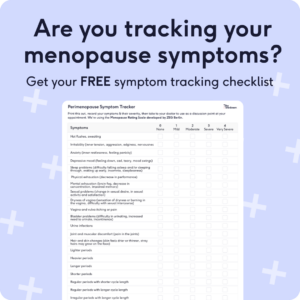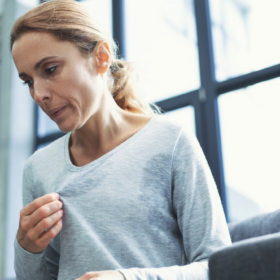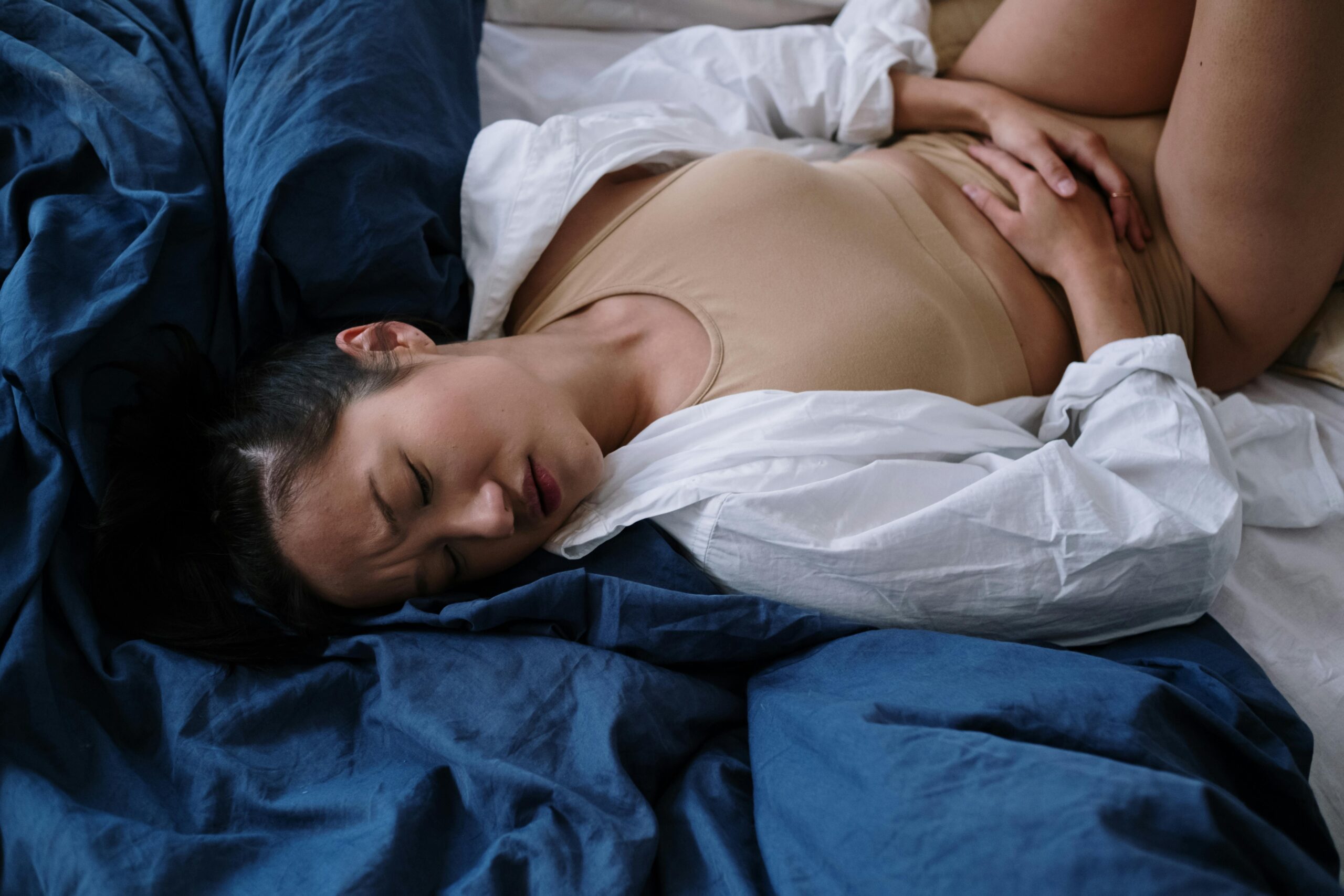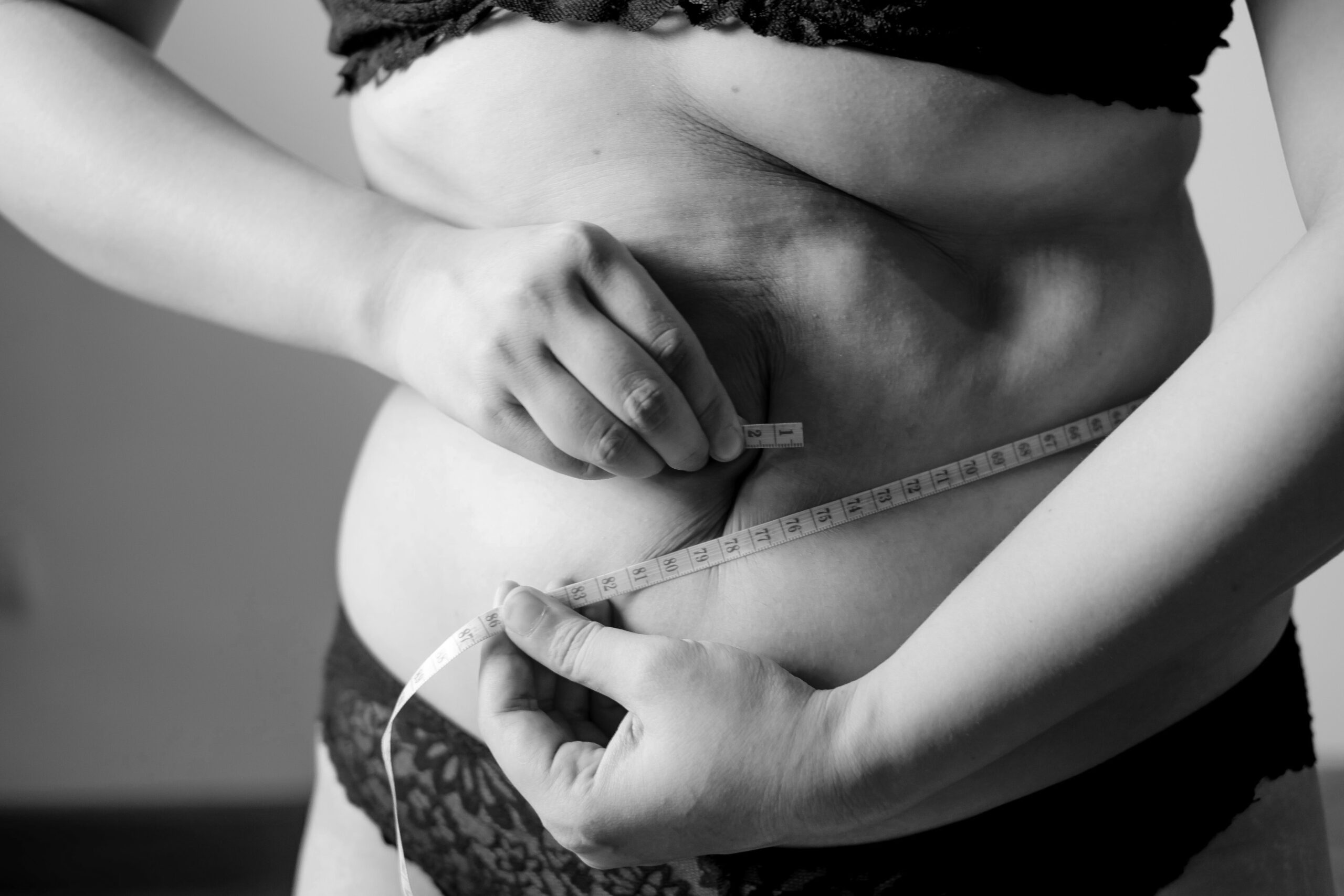
Menopause fatigue: What’s causing tiredness and how can it be treated?
What's the lowdown?
Tiredness and fatigue are common symptoms during perimenopause and after menopause
As of 26th June 2024, the symptom “mental exhaustion” was the most common symptom shared in the Lowdown’s menopause experiences
However, feeling tired all the time can also be linked to other health conditions and life events
If you’re feeling tired all the time, but have no other symptoms of menopause, it could be due to something else
Thyroid conditions, low iron, and depression are other common conditions that can cause fatigue
If you’re experiencing long periods of feeling tired all the time, speak to your doctor and they will help you to figure out what is going on.
Is it menopause or something else causing tiredness?
Tiredness, fatigue and feeling mentally exhausted are recognised symptoms of perimenopause and menopause. However, lots of different medical conditions can cause tiredness. It’s a symptom which is not very specific to a health condition. Some other very common reason for tiredness among women in their 20s/30s/40s and 50s are:
- Low iron and anaemia
- Low vitamin D
- Low B12
- Hypothyroidism
- Depression
And that’s not even mentioning general life – work, friends, elderly parents, kids, housework…..managing all these aspects of life can cause fatigue and mental exhaustion.
If your tiredness is a menopause symptom, it’s most likely that you will have other menopausal symptoms as well. If you’d like to know more about menopausal symptoms (there’s a lot of them) you can read more about them here. Some common menopausal symptoms include:
- Sleeping problems
- Hot flushes
- Night sweats
- Joint pain
- Changes to mood
- Changes to memory
- Vaginal dryness
- Painful sex
Why does menopause cause fatigue?
Menopause symptoms are caused by falling oestrogen levels. As we age, our ovaries gradually start to release less eggs. Eventually they stop releasing eggs all together, and our periods stop. With this, our oestrogen levels change and fall over time. This drop in oestrogen can have a wide range of effects on the body, because almost every cell has oestrogen receptors.
Feeling tired, mentally or physically, is a commonly reported menopause symptom in our experiences area. We collect information from real women on what they actually experienced in perimenopause and menopause, and when they tried different treatments. As of June 2024 – the most commonly reported symptom in our reviews was mental fatigue. With a whopping 94% of women experiencing this. All of these women also reported other menopausal symptoms alongside this.
In addition to our falling oestrogen levels, we are also aging as we transition through menopause. Getting older in general can cause people to feel more tired than they are used to, and fatigue can be an early indicator of ageing1. However, as women we live ⅓ of our lives after the menopause (about 30 years) and it should be possible to live those years in good health and without feeling tired all the time.
How to check if your tiredness is due to menopause?
Unfortunately, there is not a simple blood test to check for menopause if you’re over the age of 40. Rather, perimenopause and menopause is generally identified through your symptom patterns and their age.
If you go to a doctor with only symptoms of tiredness, they may not immediately think of menopause. Your doctor will ask you lots of questions to make sure they identify and rule out any potentially worrying causes of the fatigue. They may run blood tests to check for anaemia, low iron, low vitamin levels, look for inflammatory or autoimmune conditions and to check your thyroid function. This is useful even if your symptoms are due to menopause, as if all your blood test results are normal you can rule out these other causes.
What your doctor will check will be very much based on your own individual symptoms, your personal health history, your family history and what’s currently going on in your life. If you think your symptoms are due to menopause, a useful tip is to track them. This can help you to identify the full symptom list, and any patterns in your symptoms. You can then speak to your GP about exactly what’s been happening for you over the recent weeks. We’ve created a really great guide for how to have these discussions with your doctor.

How to manage menopausal tiredness
If you’re experiencing tiredness, it’s important to examine the root cause with your GP. If menopause is not the cause of your tiredness, they will be able to treat you accordingly.
If you and your GP decide that your tiredness is likely a menopausal symptom, they will talk you through a range of different treatment options. The options you are offered will be based on your personal medical history.
Some non-medical treatments which may help with your tiredness are – changes to your diet and exercise routine or cognitive behavioral therapy (CBT). There is extensive evidence that lifestyle changes can reduce menopausal symptoms2,3,4.
Alongside this, it’s also worth talking to colleagues, friends and family about how you are feeling. Sometimes even removing a couple of responsibilities or tasks from your mental load can make a huge difference to your energy levels.
Medical treatments which can help menopause symptoms are:
- Hormone replacement therapy
- Certain forms of antidepressants may help with hot flushes, night sweats and mood changes. These should be offered after HRT, if you don’t want to take HRT or if you can not take HRT due to health risks.
So, if you’re feeling tired all the time
It’s not normal to constantly feel tired. As women, we often have a lot going on. But don’t just put up with feeling tired all the time. There are many different things which could cause this symptom, including changes to your hormones which happen during menopause. It’s important to speak to a doctor about your full list of symptoms, and to let them help find the root cause of your tiredness. For some people, a mixture of things might be contributing to how they’re feeling, so it’s always important to speak with a health professional about this.
Our medical review process
This article has been medically reviewed for factual and up to date information by a Lowdown doctor.






